Which of the following has maximum dipole moment?
NCl3
NBr3
NH3
NI3
To determine which of the given nitrogen compounds has the maximum dipole moment, we will analyze each compound based on the electronegativity differences between nitrogen and the other atoms it is bonded to. The compounds to consider are NCl3, NBr3, NH3, and NI3.
1. Identify the Compounds: The compounds we are analyzing are NCl3 (Nitrogen trichloride), NBr3 (Nitrogen tribromide), NH3 (Ammonia), and NI3 (Nitrogen triiodide).
2. Understand the Structure: All these compounds have a pyramidal shape due to the presence of a lone pair on nitrogen. This shape will influence the dipole moment.
3. Electronegativity Values: We need to look at the electronegativity values of the atoms involved:
- Nitrogen (N) has an electronegativity of approximately 3.0.
- Chlorine (Cl) has an electronegativity of approximately 3.0.
- Bromine (Br) has an electronegativity of approximately 2.8.
- Hydrogen (H) has an electronegativity of approximately 2.1.
- Iodine (I) has an electronegativity of approximately 2.5.
4. Calculate Electronegativity Differences:
- For NCl3: ΔEN = |3.0 - 3.0| = 0 (non-polar bonds)
- For NBr3: ΔEN = |3.0 - 2.8| = 0.2
- For NH3: ΔEN = |3.0 - 2.1| = 0.9
- For NI3: ΔEN = |3.0 - 2.5| = 0.5
5. Determine the Dipole Moment: The dipole moment is influenced by the electronegativity difference. The higher the difference, the greater the dipole moment.
- NCl3 has a dipole moment primarily due to the lone pair, but the bond dipoles cancel out due to equal electronegativity.
- NBr3 has a small dipole moment due to a small electronegativity difference.
- NH3 has the largest dipole moment due to the significant electronegativity difference (0.9).
- NI3 has a moderate dipole moment due to the electronegativity difference (0.5).
6. Conclusion: Based on the analysis, NH3 has the highest electronegativity difference and thus the maximum dipole moment among the given compounds.
Final Answer:
NH3 (Ammonia) has the maximum dipole moment.
- Nitrogen (N) has an electronegativity of approximately 3.0.
- Chlorine (Cl) has an electronegativity of approximately 3.0.
- Bromine (Br) has an electronegativity of approximately 2.8.
- Hydrogen (H) has an electronegativity of approximately 2.1.
- Iodine (I) has an electronegativity of approximately 2.5.
- For NCl3: ΔEN = |3.0 - 3.0| = 0 (non-polar bonds)
- For NBr3: ΔEN = |3.0 - 2.8| = 0.2
- For NH3: ΔEN = |3.0 - 2.1| = 0.9
- For NI3: ΔEN = |3.0 - 2.5| = 0.5
- NCl3 has a dipole moment primarily due to the lone pair, but the bond dipoles cancel out due to equal electronegativity.
- NBr3 has a small dipole moment due to a small electronegativity difference.
- NH3 has the largest dipole moment due to the significant electronegativity difference (0.9).
- NI3 has a moderate dipole moment due to the electronegativity difference (0.5).
NH3 (Ammonia) has the maximum dipole moment.
Topper's Solved these Questions
Similar Questions
Knowledge Check
Which of the following has μ=0 dipole moment ?
A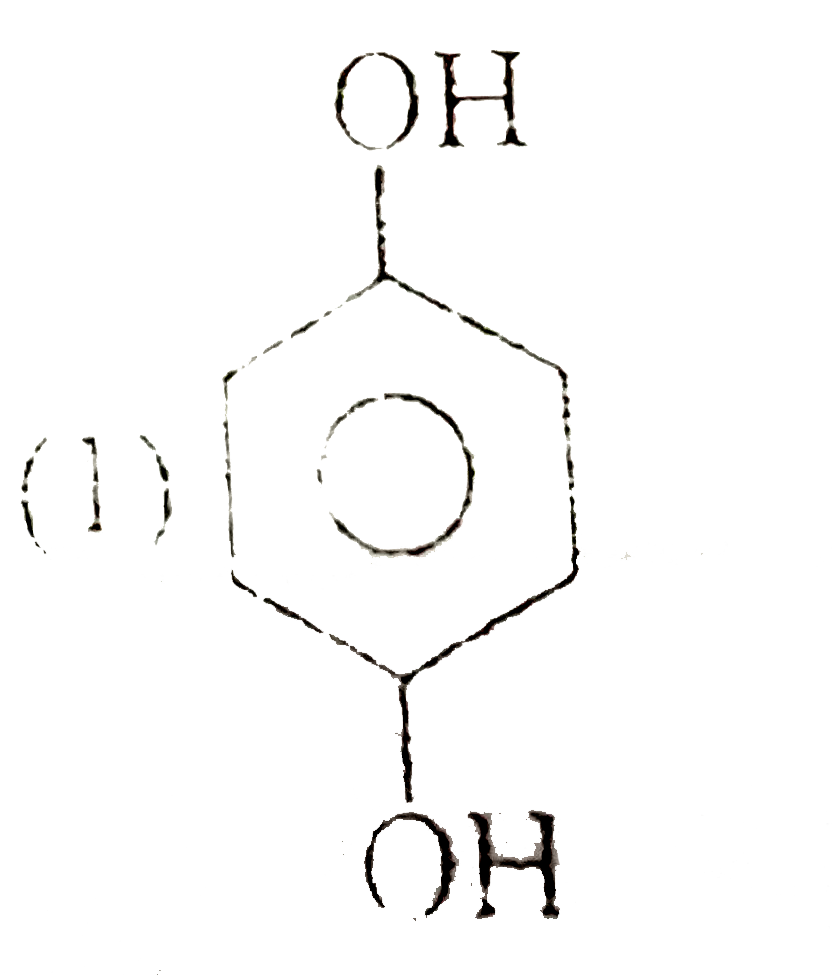 B
B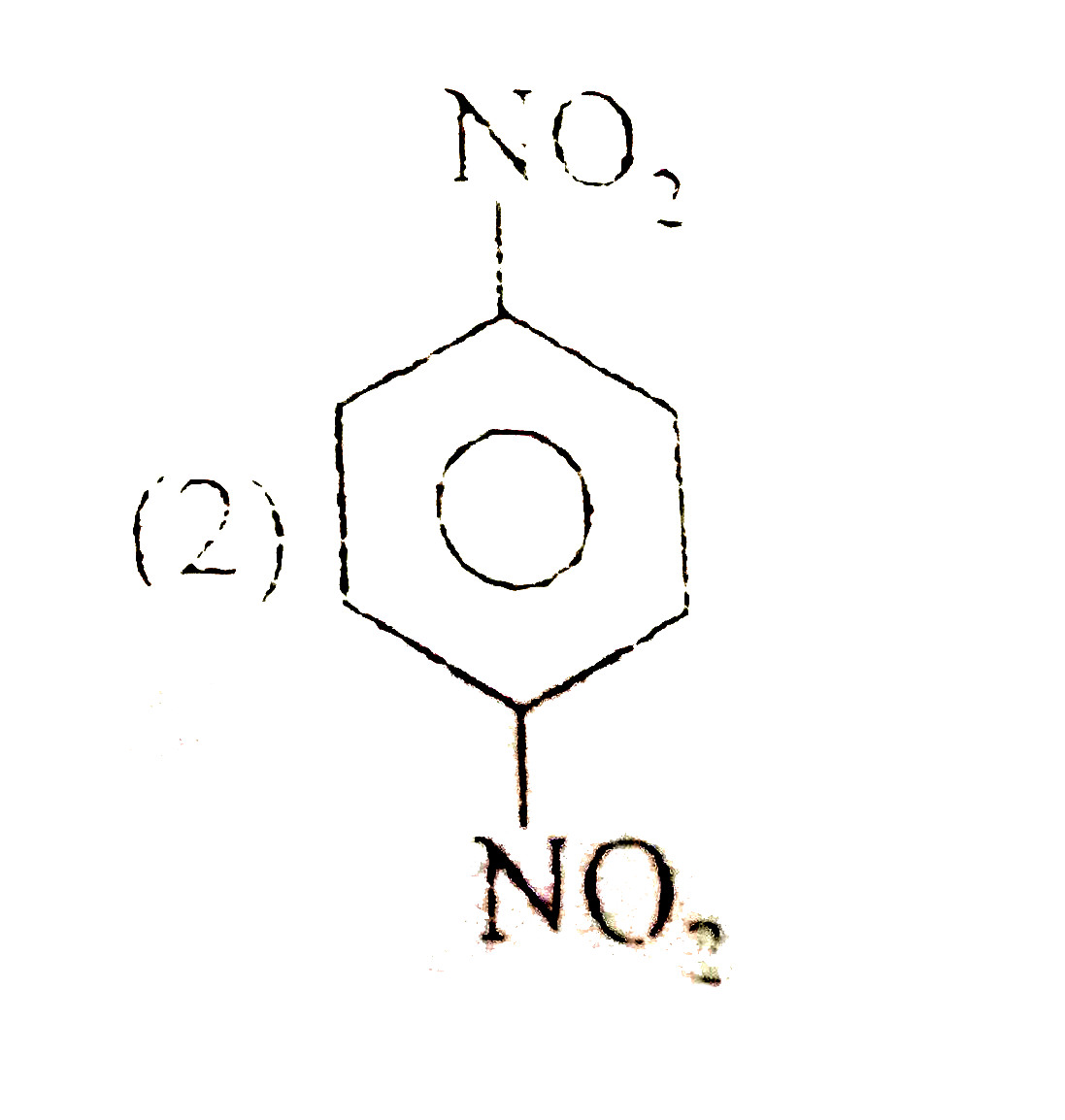 CPCl5DBoth (2) & (3)
CPCl5DBoth (2) & (3)Which has maximum dipole moment?
A B
B C
C D
D
Which has maximum dipole moment?
A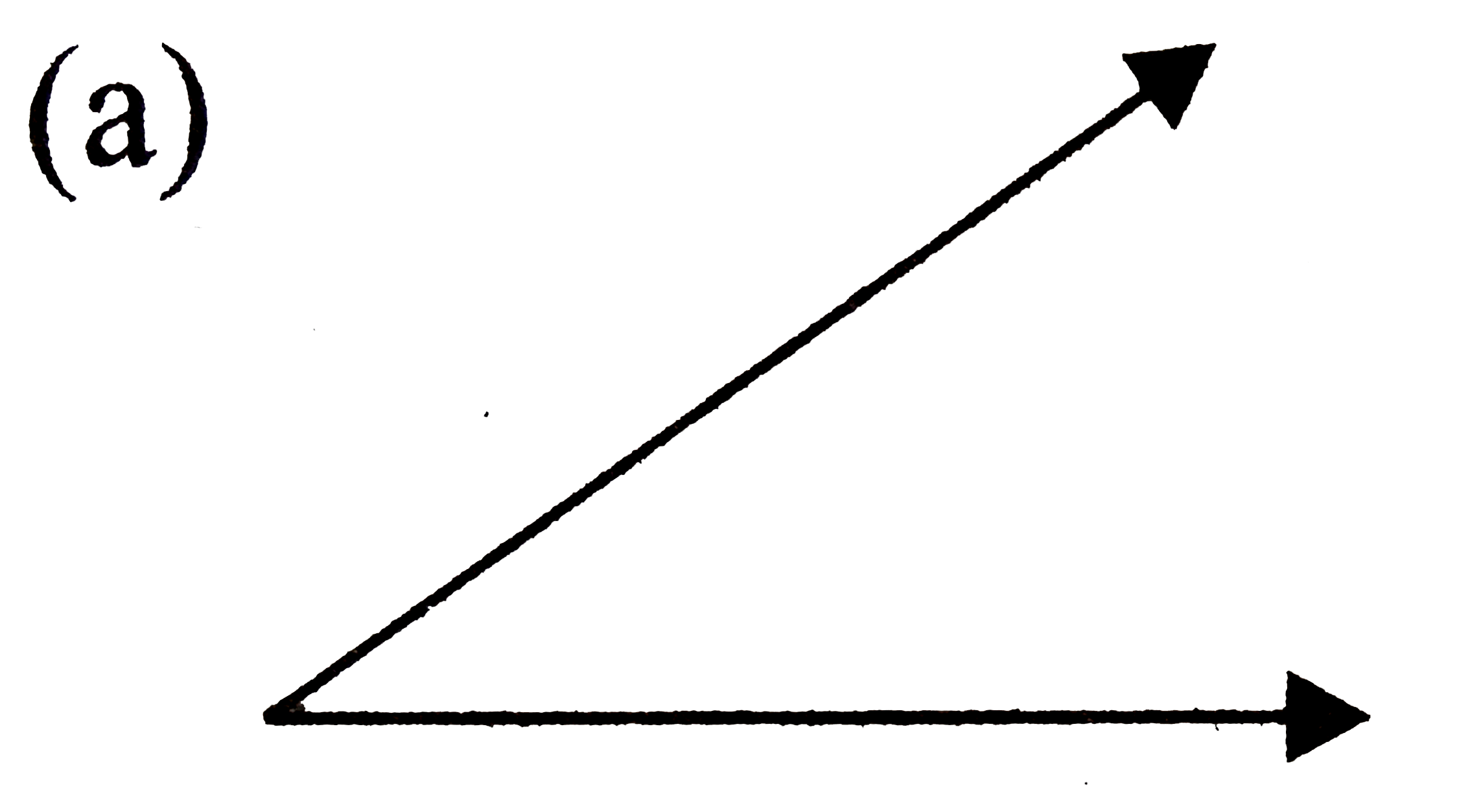 B
B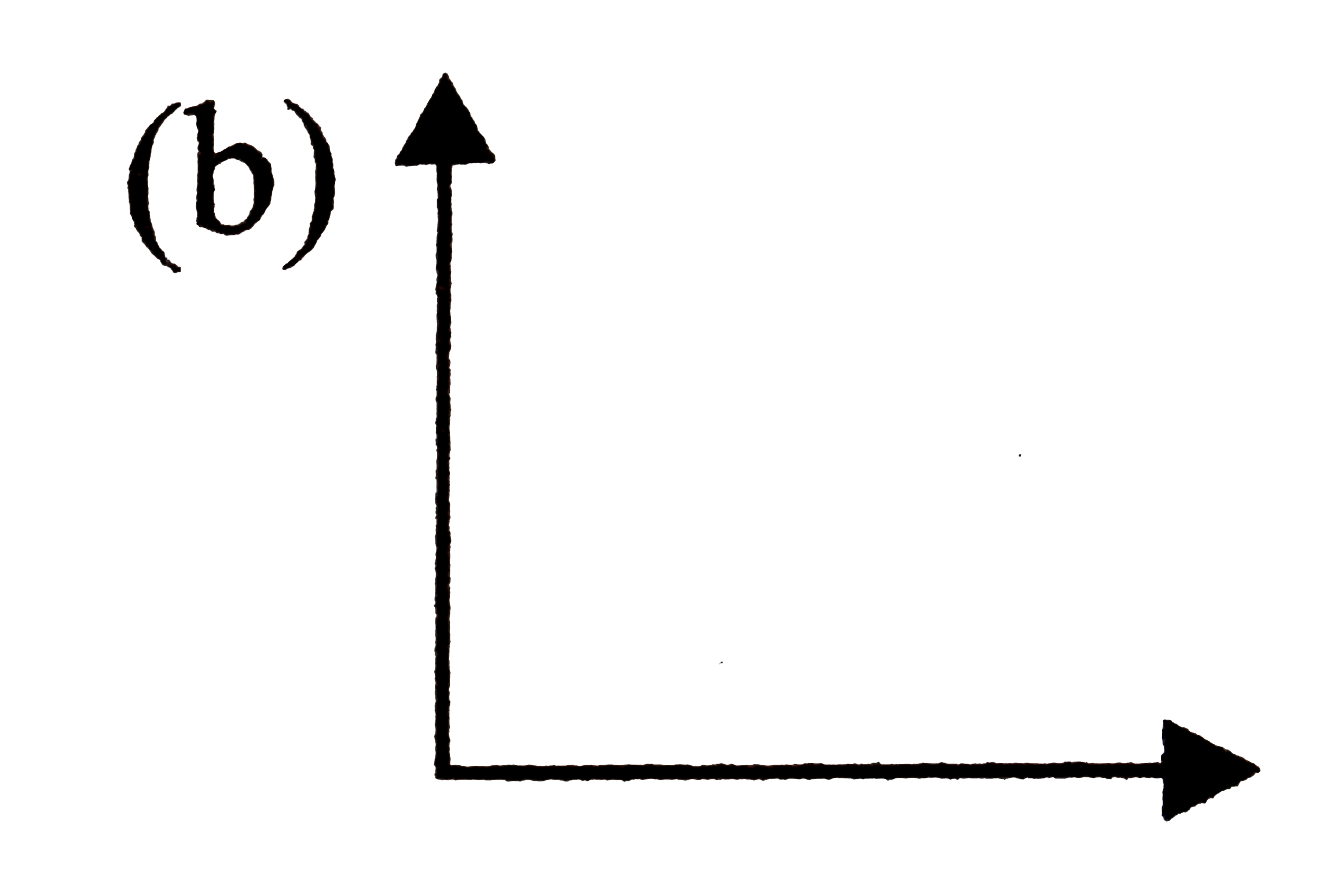 C
C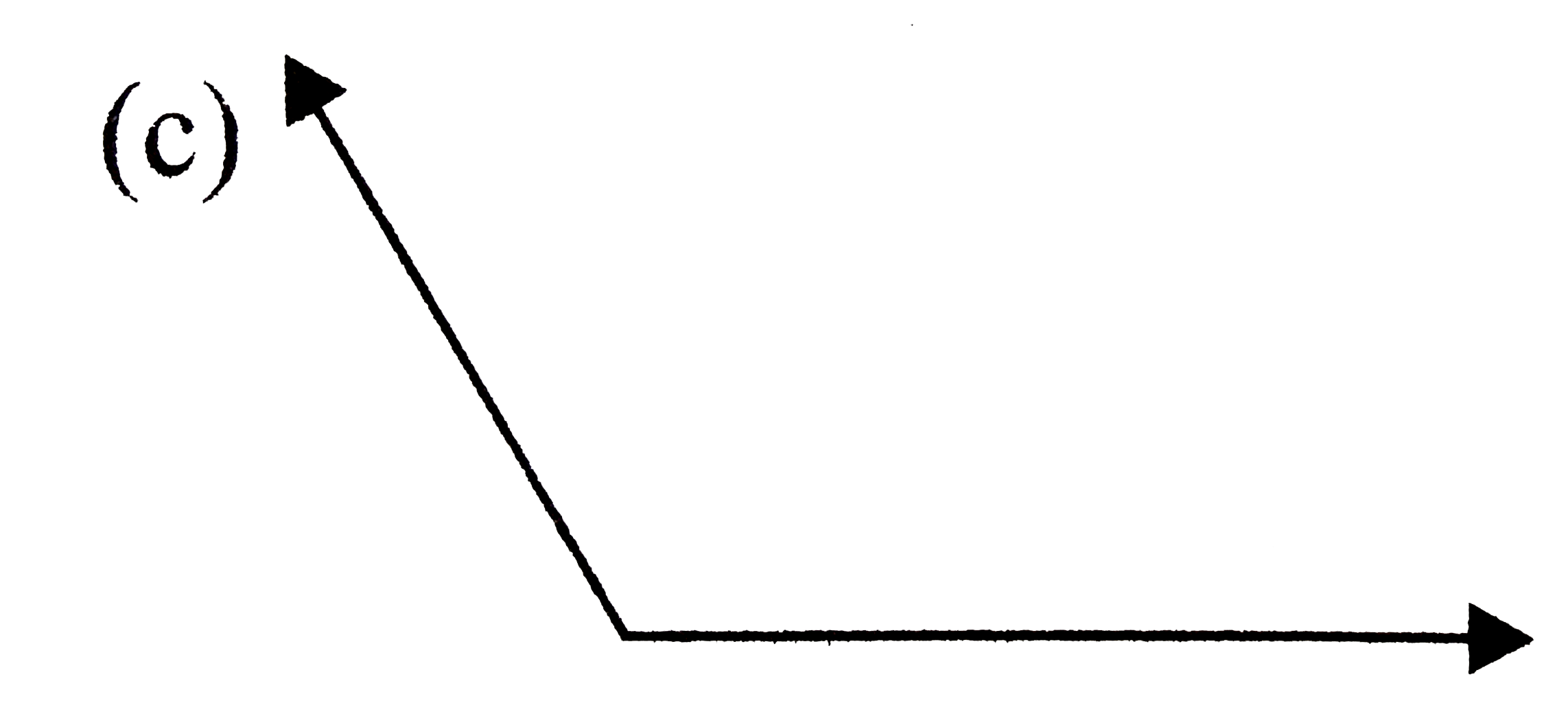 D
D
